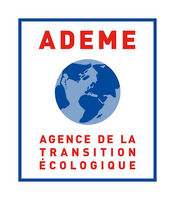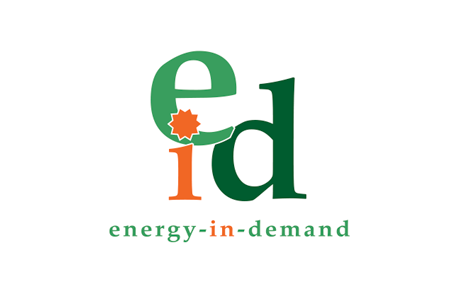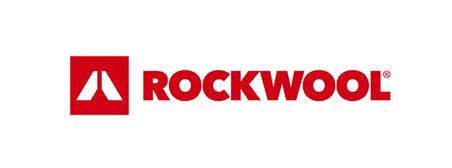Search eceee proceedings
Rejection of innovations: The discontinuance of low carbon digital products and services
Panel: 8. Innovations in products, systems and building technologies
This is a peer-reviewed paper.
Authors:
Emilie Vrain, United Kingdom
Charlie Wilson, Environmental Change Institute, University of Oxford, United Kingdom
Barnaby Andrews, University of East Anglia, United Kingdom
Abstract
DDigital consumer innovations offer low-carbon alternatives to mainstream consumption practices. Examples include smart home technologies for controlling heating, lighting and appliances and domestic electricity generation with storage for co-ordinating personal consumption and peak demand.
Whilst innovation literature predominantly focuses on processes for encouraging adoption; we address a lack of research on the factors influencing post-adoption decisions of discontinuance for this important class of innovations. We conducted a repeat survey with UK consumers (n=995) in 2019 and 2020 to investigate 16 digital products and services across homes, energy, mobility, and food domains. Our survey captured temporal changes in adoption, personal and contextual characteristics, communication, social influences, innovation experiences and perceived attributes. We compare responses of participants who discontinued an innovation with two control groups: 1) participants who continued adoption and 2) those who remained non-adopters. We also provide a unique contribution by assessing the impacts of Covid-19 on post-adoption processes, domain behaviour and information flow.
Our results indicate that discontinuance is associated with 1) services more than products; 2) perceived functional attributes not met by experienced attributes; 3) a lack of positive social influence, including word-of-mouth; 4) a lack of social network connections to other adopters; and 5) a decline in an individual’s financial situation. Covid-19 was not found to be a significant factor influencing innovation discontinuance. Findings highlight generalisable insights for industry and policy regarding issues that need addressing to overcome discontinuance. For example, while digital services offer low-carbon promise, continued adoption is sensitive to their strong performance attributes. There is a need for continued innovation to sustain market position relative to more familiar incumbents.
Downloads
Download this presentation as pdf: 8-029-22_Vrain_pres.pdf
Download this paper as pdf: 8-029-22_Vrain.pdf
Panels of
1. Dynamics of consumption: less is more?
2. Efficiency and beyond: innovative energy demand policies
3. Policy, finance and governance
4. Monitoring and evaluation for a wise, just and inclusive transition
5. Towards sustainable and resilient communities
6. Energy-efficient and low-carbon mobility for all
7. Policies and programmes for better buildings
8. Innovations in products, systems and building technologies



























